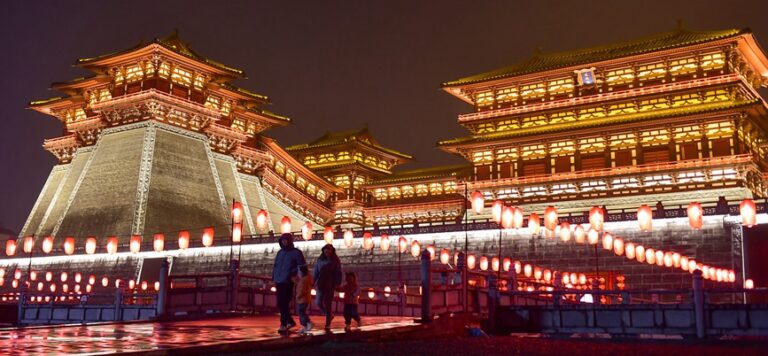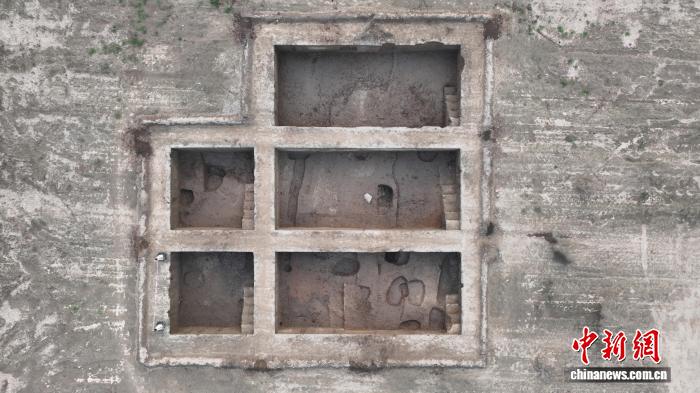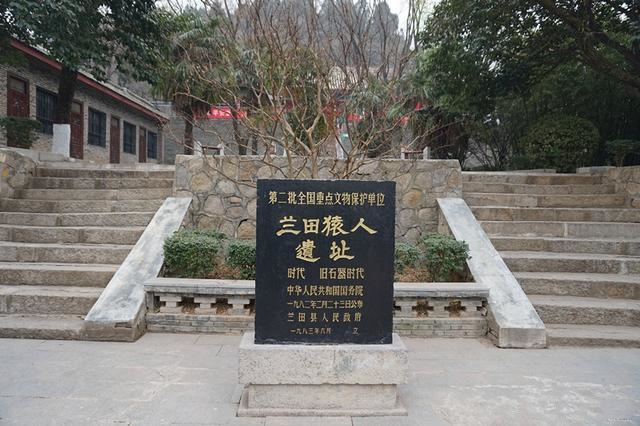Discovering Handan Yuquan Temple Main Hall: A Spiritual Journey in Hebei
An Essential Guide to Visiting Handan Yuquan Temple Main Hall
In This Guide
- An Essential Guide to Visiting Handan Yuquan Temple Main Hall
- The Rich History of Handan Yuquan Temple Main Hall
- Main Highlights: What to See at Handan Yuquan Temple Main Hall
- Planning Your Visit: A Practical Guide
- Tickets, Hours, and Booking
- How to Get There
- Local Cuisine and Accommodation
- Frequently Asked Questions
- Final Thoughts on Your Trip
Nestled within the serene landscape of Wen Village in Handan, Hebei Province, lies the majestic Yuquan Temple Main Hall (玉泉寺大殿). This ancient architectural gem is not just a structure of bricks and tiles; it is a living testament to the rich history and cultural heritage of China. With origins dating back to the Jin Dynasty in the late 12th century, the temple has witnessed the ebb and flow of time, standing resilient through centuries of change.
As one of the key cultural relics protected by the state, the Yuquan Temple Main Hall offers visitors a glimpse into the artistic achievements of the Yuan Dynasty, showcasing exquisite craftsmanship and distinctive architectural styles. Its elegant façade, adorned with colorful glazed tiles and intricate decorations, reflects the aesthetic sensibilities of its era while evoking a profound sense of reverence and tranquility.
Stepping into the hall, one is enveloped by an atmosphere steeped in spirituality and history. Although much of the original temple complex has vanished, the Main Hall remains a powerful symbol of faith and devotion, inviting travelers and scholars alike to explore its storied past. More than just a monument, the Yuquan Temple Main Hall serves as a bridge connecting modern-day visitors to the ancient beliefs and artistic expressions of previous generations.
For those seeking to delve deeper into China’s architectural heritage, this remarkable site is not to be missed. Whether you are an art enthusiast, a history buff, or a curious traveler, the Yuquan Temple Main Hall promises a captivating experience that transcends time, allowing you to appreciate the enduring legacy of Chinese culture.
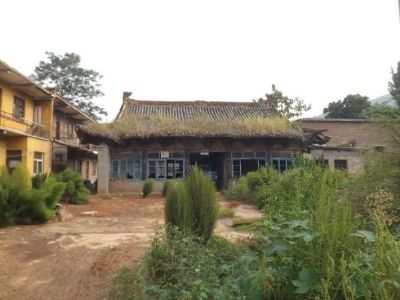
Handan Yuquan Temple Main Hall.
The Rich History of Handan Yuquan Temple Main Hall
The Handan Yuquan Temple Main Hall, known as 玉泉寺大殿, stands as a remarkable testament to the architectural and cultural heritage of China, particularly from the Jin and Yuan dynasties. Located in Wencun, a village in Shexian County of Handan, Hebei Province, this ancient structure has weathered the trials of time for over eight centuries.
Construction of the main hall is believed to have begun in the 28th year of the Jin Dynasty’s Dading era, which corresponds to 1188 AD. This predates its official recognition in the Shexian Gazetteer from the Qing Dynasty, which notes the temple’s establishment during the Yuan Dynasty in 1289. The hall, also referred to as the Water and Land Hall, is a rectangular structure that measures approximately 162 square meters, featuring a five-bay facade and three bays deep.
One of the hall’s most striking features is its beautifully adorned glazed roof, which showcases intricate decorations including dragon ridges and beast sculptures that shimmer in the sunlight. The vibrant glazes are complemented by the hall’s sturdy, elegant wooden columns, designed in a distinctive style known as “juansha” columns, which not only support the structure but also enhance its aesthetic appeal. The simple yet dignified design elements, such as the unembellished “T”-shaped bracket sets, reflect the ancient artisans’ philosophy of beauty through simplicity.
Throughout its long history, the Yuquan Temple Main Hall has undergone various renovations to preserve its integrity and grandeur. Despite the loss of many of the original temple buildings, this main hall remains a pivotal piece of architectural history, serving as a key resource for studying the artistic styles of the Jin and Yuan periods. Its surviving elements, although stripped of their original decorative features like statues and murals, still exude a solemn atmosphere that invites reverence and reflection.
The hall not only represents the architectural prowess of its time but also embodies the spiritual beliefs and cultural practices of the many who have worshipped within its walls. It stands as a symbol of resilience, witnessing the ebb and flow of history and the enduring faith of generations. Today, Yuquan Temple Main Hall is recognized as a national key cultural relic protection unit, highlighting the importance of preserving such historical treasures for future generations.
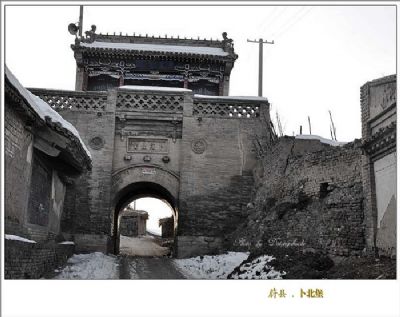
Handan Yuquan Temple Main Hall.
Visitors are encouraged to explore this magnificent structure, not just to admire its architectural beauty, but also to connect with the rich tapestry of history and culture it represents. The Yuquan Temple Main Hall is not just a relic of the past; it is a living monument that continues to inspire awe and admiration among those who seek to understand China’s profound heritage.
Main Highlights: What to See at Handan Yuquan Temple Main Hall
Nestled in the serene village of Wencun, Handan Yuquan Temple’s Main Hall is a remarkable testament to ancient architectural artistry and cultural heritage. This majestic structure, also known as the Water and Land Hall, is one of the key historical sites in the region and holds the distinction of being a nationally protected cultural relic.
Architectural Marvel
The Main Hall stands as a striking example of the architectural style prevalent during the Jin and Yuan dynasties. Its impressive rectangular layout stretches over 162 square meters and features five bays across its width and three bays in depth. The hall’s roof is adorned with exquisite glazed tiles, showcasing vibrant colors that glisten in the sunlight. Notable ornamental elements such as the dragon-shaped ridge and decorative beasts further enhance its grandeur.
Unique Structural Features
One of the hall’s standout features is its intricate dougong (bracket sets), which serve both aesthetic and structural purposes. The use of spiral columns, known as “juancha,” showcases the craftsmanship of ancient builders and reflects the unique architectural style of the Yuan dynasty. The simplicity of the plain T-shaped brackets adds an understated elegance, inviting visitors to appreciate the minimalist beauty of ancient design principles.
Historical Significance
Construction of the hall dates back to the Jin dynasty, specifically to 1188 AD, although it has been meticulously maintained and restored over the centuries. With over 800 years of history, the Main Hall not only represents the architectural innovation of its time but also serves as a crucial link to understanding the cultural and spiritual practices of past eras. Despite the loss of many original structures from the temple complex, the Main Hall remains a powerful symbol of its historical significance.
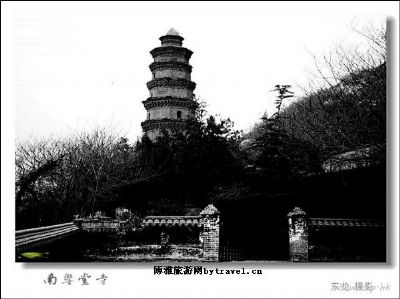
Handan Yuquan Temple Main Hall.
Spiritual Atmosphere
Once adorned with intricate Buddhist statues and murals, the interior of the Main Hall still exudes a sense of reverence and tranquility. Although these decorations have faded over time, the atmosphere continues to resonate with the solemnity and sacredness that visitors and worshippers alike have cherished throughout the ages. The hall stands as a reminder of the countless prayers and hopes that have been offered within its walls.
Preservation and Cultural Heritage
As a vital piece of Handan’s heritage, Yuquan Temple’s Main Hall is not only a treasure of local history but also a reflection of the broader narrative of China’s architectural evolution. Continued efforts to preserve and protect this ancient site are crucial, ensuring that future generations can appreciate its beauty and significance.
Visitors to Yuquan Temple are encouraged to explore the hall, absorb its historical essence, and engage with the stories it tells—stories that span centuries and connect the past with the present. This remarkable site offers a unique opportunity to delve into the architectural splendor and cultural richness of ancient China.
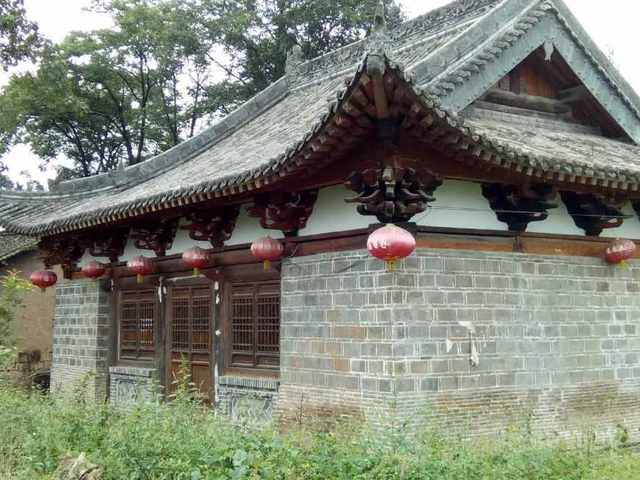
Handan Yuquan Temple Main Hall.
Planning Your Visit: A Practical Guide
Visiting the Handan Yuquan Temple Main Hall is a unique experience that combines the rich heritage of ancient Chinese architecture with the tranquil ambiance of a historical site. Here’s everything you need to know to make the most of your visit.
Getting There
The Yuquan Temple Main Hall is located in Wen Village, within the She County of Handan, Hebei Province. The site is accessible by various means:
– By Car: From Handan city center, take the S217 road towards She County. Follow local signage to Wen Village.
– Public Transport: Local buses frequently run from Handan to She County. Upon reaching She County, you may need to take a taxi to Wen Village.
Opening Hours
The temple is open to visitors from 8:00 AM to 5:00 PM daily. It’s advisable to arrive early to enjoy the peaceful surroundings and avoid larger crowds.
Admission Fees
Entry to the Yuquan Temple Main Hall is typically free, but donations for the preservation of the site are appreciated. Check for any updates regarding fees or special exhibitions before your visit.
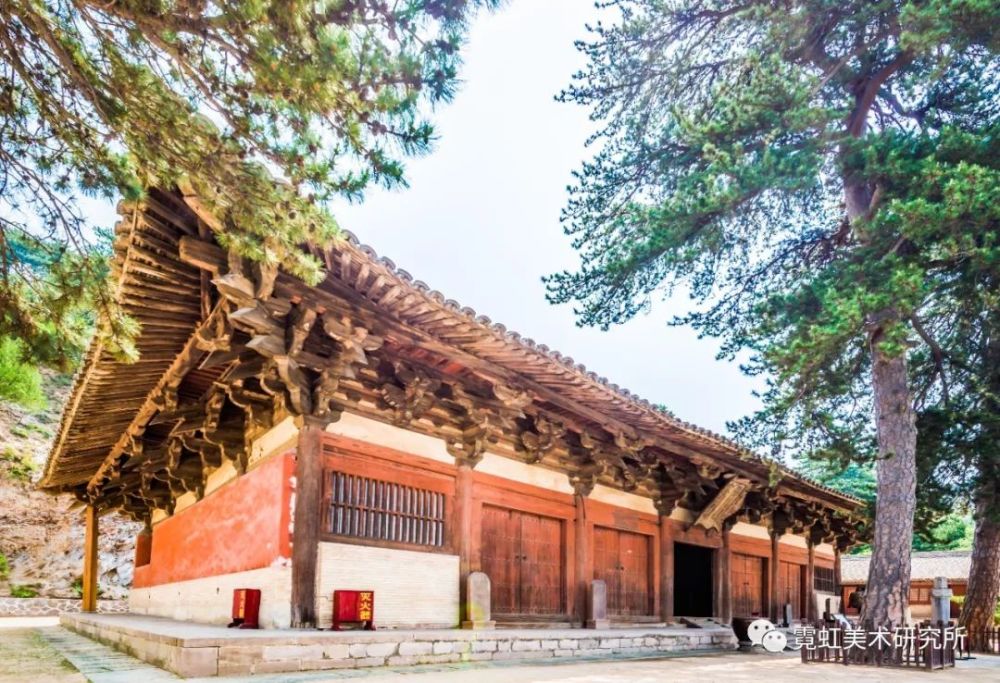
Handan Yuquan Temple Main Hall.
What to Expect
The Yuquan Temple Main Hall, also known as the Shuilu Hall, is a significant cultural heritage site and a designated national key protected unit. Here’s what makes it special:
– Architecture: Dating back to the Jin Dynasty, the hall showcases traditional Chinese architectural styles. It features a rectangular layout with five bays in width and three bays in depth, covering an area of 162 square meters. The ornate roof adorned with glazed tiles and colorful decorations glistens beautifully in sunlight.
– Structural Features: The hall is supported by unique dougong brackets, a hallmark of ancient Chinese construction, which not only provide structural support but also enhance aesthetic appeal. The columns are notably designed in a scroll-like shape, illustrating the craftsmanship of the era.
– Historical Significance: With over 800 years of history, the hall has witnessed numerous renovations that have preserved its grandeur. Although many original structures of the temple are no longer present, the main hall remains a testament to the architectural prowess of its time.
Tips for Visitors
- Respect the Space: As a place of worship and cultural significance, maintain a respectful demeanor. Photography is generally permitted, but be mindful of areas where it may be restricted.
- Dress Appropriately: Modest clothing is recommended as a sign of respect when visiting religious sites.
- Explore the Surroundings: While the main hall is the highlight, take time to stroll around the area to appreciate the temple’s serene gardens and natural beauty.
Nearby Attractions
After visiting the Yuquan Temple Main Hall, consider exploring nearby attractions:
– She County Ancient Town: A walk through the ancient streets will reveal traditional architecture and local handicrafts.
– Local Cuisine: Don’t miss the opportunity to sample regional dishes at local eateries, known for their flavorful offerings.
Conclusion
A visit to the Handan Yuquan Temple Main Hall is not just about witnessing ancient architecture; it’s about immersing yourself in the rich cultural tapestry of China. Whether you’re an architecture enthusiast, a history buff, or simply seeking tranquility, this site promises a memorable experience. Be sure to plan your trip accordingly to fully enjoy this historical gem.
Tickets, Hours, and Booking
Visiting the Handan Yuquan Temple Main Hall is an enriching experience that requires a thoughtful approach to ticketing. As a nationally recognized cultural heritage site, it is essential to plan your visit accordingly.

Handan Yuquan Temple Main Hall.
Ticket Information
-
Admission Fee: The entry to the Yuquan Temple Main Hall is generally free; however, visitors are encouraged to make a small donation to support the maintenance and preservation of this historic site.
-
Opening Hours: The temple is open to the public from 8:00 AM to 5:00 PM daily. It is advisable to arrive early to fully appreciate the architecture and serene atmosphere.
-
Guided Tours: While self-exploration is encouraged, guided tours are available for those interested in a deeper understanding of the temple’s history and architectural significance. These tours may require a separate fee, so check in advance for availability and pricing.
-
Accessibility: The temple is accessible to visitors with mobility challenges, although some areas may involve uneven surfaces. It is recommended to wear comfortable shoes.
-
Group Visits: If you are part of a larger group, consider contacting the temple administration beforehand to arrange for a guided tour or special accommodations.
-
Photography: Visitors are welcome to take photos; however, please respect the solemnity of the space and be mindful of other guests.
Before your visit, it’s wise to check for any special events or temporary closures that may affect access to the temple. Enjoy your exploration of this architectural gem, steeped in history and cultural significance!
How to Get There
Reaching Handan Yuquan Temple Main Hall, also known as 玉泉寺大殿, requires a bit of planning but offers a rewarding journey through the historical landscapes of Hebei Province. Here’s a comprehensive transportation guide to help you navigate your way to this cultural treasure.
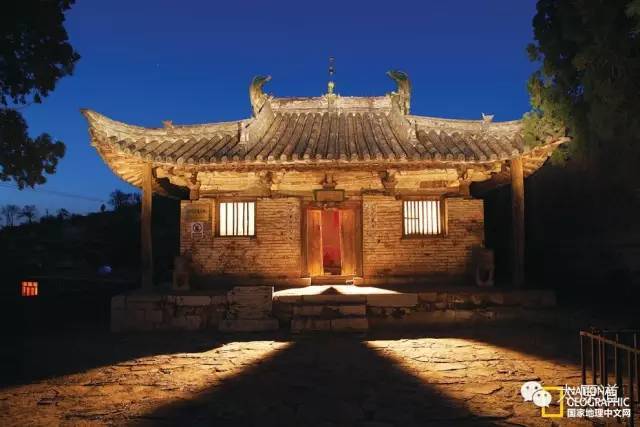
Handan Yuquan Temple Main Hall.
Getting There
By Air:
The nearest major airport is Handan Airport (HDG), which is approximately 40 kilometers away from the temple. Regular flights connect Handan with major cities like Beijing and Shanghai. From the airport, you can hire a taxi or arrange for a private transfer to reach the temple.
By Train:
Handan is well-connected by rail, with the Handan Railway Station being the closest major train hub. High-speed trains from Beijing, Zhengzhou, and other cities stop here. Once you arrive at Handan Railway Station, you can take a taxi or use a ride-sharing app to reach Yuquan Temple, which is about 30 kilometers away.
By Bus:
Long-distance buses run frequently to Handan from various cities across China. The main bus station in Handan has routes that connect to local destinations. You can take a local bus or taxi from the bus station to the temple. Additionally, some buses might take you directly to the nearby village of Wen Village (温村), where the temple is located.
By Car:
If you prefer the flexibility of self-driving, renting a car can be a great option. The temple is accessible via the G4 Beijing-Hong Kong-Macau Expressway. Follow local road signs directing you to Shexian County, and then to Wen Village. Parking is available near the temple entrance.
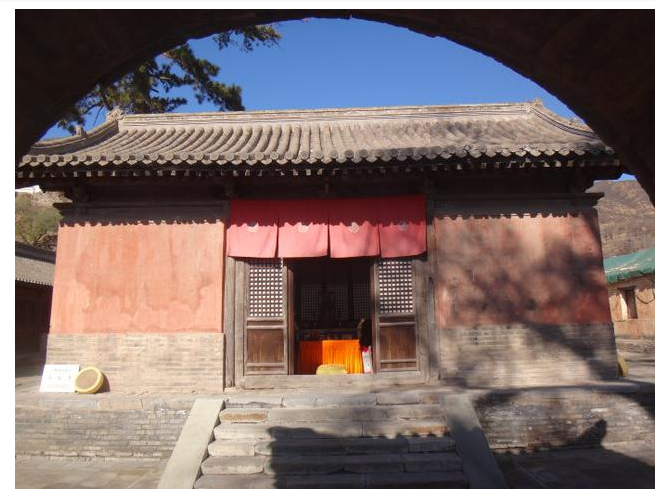
Handan Yuquan Temple Main Hall.
Local Transportation
Once you’re in Handan, local taxis and ride-sharing services like Didi are readily available and can take you directly to Yuquan Temple. Public buses are also an option, but they may be less frequent and less direct. For a more immersive experience, consider renting a bicycle if the weather permits; cycling through the scenic countryside can be quite enjoyable.
Accessibility
The main hall of Yuquan Temple is situated in a peaceful area, surrounded by natural beauty. The site is relatively accessible, with pathways leading to the entrance. However, visitors with mobility concerns should check in advance for any specific accommodations or assistance needed.
Conclusion
Whether arriving by air, train, or road, the journey to Handan Yuquan Temple Main Hall promises scenic views and a glimpse into China’s rich history. Plan your trip accordingly, considering the best transportation options that suit your travel style, and prepare to be captivated by the ancient architecture and serene atmosphere of this cherished cultural site.
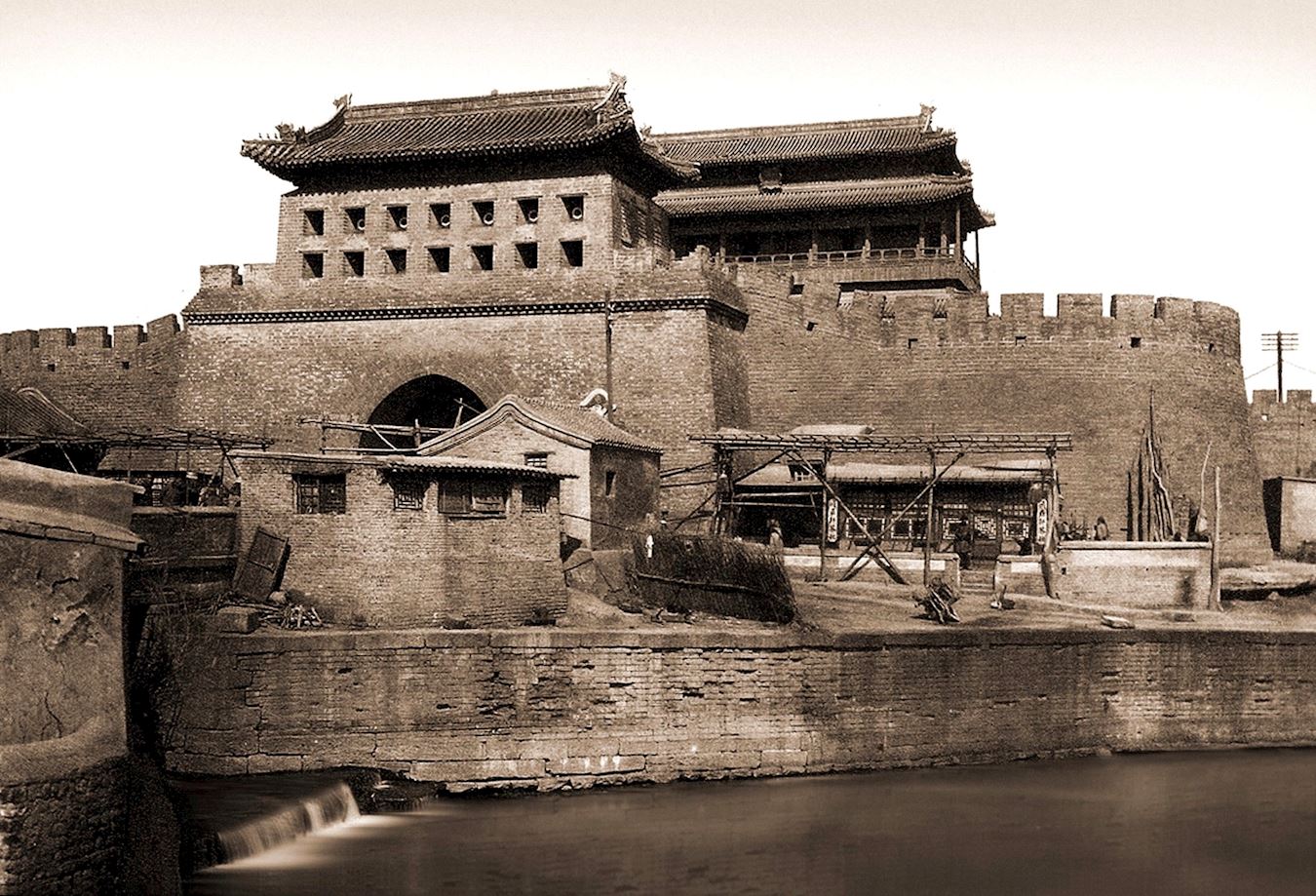
Handan Yuquan Temple Main Hall.
Local Cuisine and Accommodation
When visiting the Handan Yuquan Temple Main Hall, it’s essential to explore the local culinary scene and accommodation options that enhance the cultural experience of this historic site.
Culinary Delights Near Yuquan Temple
The area surrounding Yuquan Temple offers a diverse range of dining options, showcasing the rich flavors of Hebei cuisine. Here are a few notable places to indulge your taste buds:
-
Local Noodle Shops: One of the must-try dishes in Handan is the handmade noodles, often served with a variety of broths and toppings. These small, family-run noodle shops provide a cozy atmosphere and authentic flavors.
-
Shandong Cuisine Restaurants: A short drive from the temple, you’ll find several restaurants specializing in Shandong cuisine, which includes fresh seafood and hearty meat dishes. Don’t miss out on trying the famous braised fish or the delicate dumplings.
-
Street Food Stalls: For a quick bite, explore the vibrant street food scene. Stalls selling grilled skewers, steamed buns, and spicy snacks can be found near the temple entrance. These affordable treats are perfect for those looking to enjoy local flavors on the go.
-
Tea Houses: After a day of exploration, unwind at one of the nearby tea houses. Sample local teas and traditional snacks while soaking in the serene ambiance. This is a great way to experience the local culture and connect with residents.
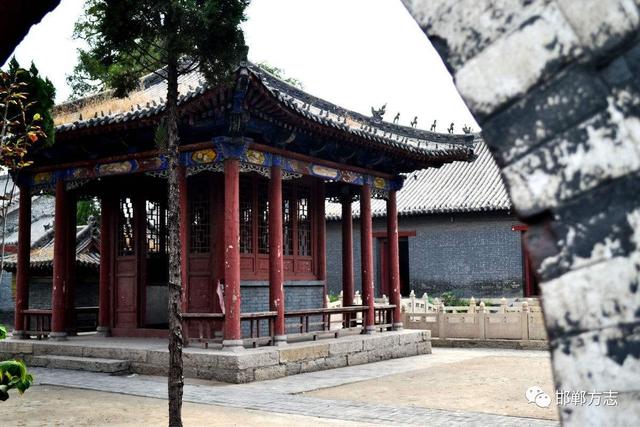
Handan Yuquan Temple Main Hall.
Accommodation Options
Finding a comfortable place to stay is crucial for a fulfilling visit. Here are a few accommodations to consider near Yuquan Temple:
-
Boutique Hotels: There are several boutique hotels within a short distance from the temple that offer modern amenities along with a touch of traditional Chinese decor. These hotels often feature local artwork and provide personalized service, ensuring a memorable stay.
-
Guesthouses: For a more intimate experience, consider staying in a guesthouse. Many of these establishments are run by local families, offering a glimpse into daily life in the region. Guests can enjoy home-cooked meals and the warmth of traditional hospitality.
-
Historic Inns: Look for inns that have preserved the architecture and charm of ancient Chinese buildings. These accommodations provide a unique atmosphere and are often located close to key attractions, making them convenient for sightseeing.
-
Budget Hostels: If you’re traveling on a budget, Handan has several hostels that offer dormitory-style accommodations. These are great for meeting fellow travelers and sharing stories about your adventures.
By immersing yourself in the local food and finding the right accommodation, you can enhance your visit to the Yuquan Temple Main Hall, making it not just a sightseeing trip, but a culturally enriching experience.
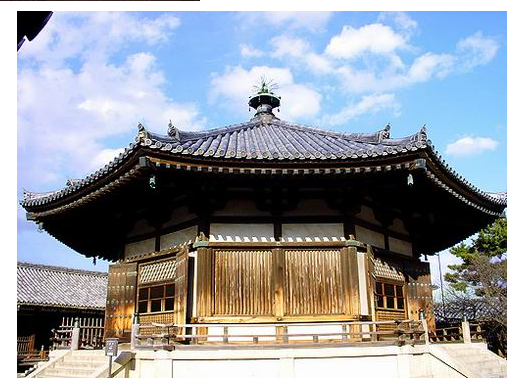
Handan Yuquan Temple Main Hall.
Frequently Asked Questions
Frequently Asked Questions
1. What is the historical significance of the Handan Yuquan Temple Main Hall?
The Handan Yuquan Temple Main Hall, also known as the Shui Lu Hall, is a significant ancient structure that dates back to the Jin Dynasty (1188 AD). It is recognized as a national key cultural relic protection unit, reflecting the architectural style and religious practices of the time.
2. How do I get to the Yuquan Temple Main Hall?
The temple is located in Wencun, Shexian County, Handan City, Hebei Province. Visitors can reach it by taking public transportation to Handan and then a local bus or taxi to the temple. The scenic route leading to the temple adds to its charm.
3. What are the main architectural features of the Main Hall?
The Main Hall features a rectangular layout with five bays in width and three bays in depth, covering an area of 162 square meters. It has an exquisite glazed tile roof adorned with colorful decorations, including ridge beasts and ornate flowers, showcasing the intricate craftsmanship of ancient builders.
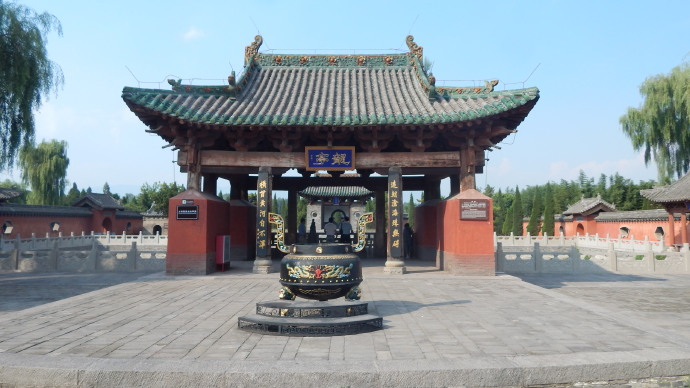
Handan Yuquan Temple Main Hall.
4. Is there an entrance fee to visit the Yuquan Temple Main Hall?
Currently, there is no entrance fee to visit the Yuquan Temple Main Hall, making it an accessible destination for those interested in history and architecture. It’s advisable to check for any updates or special events that may require a fee.
5. Are there any guided tours available for the temple?
While there may not be formal guided tours offered, local guides often provide informal tours and insights into the temple’s history and architecture. It’s recommended to inquire at the entrance for any available guides or information pamphlets.
6. What should I expect when visiting the temple?
Visitors can expect a serene environment that reflects the historical and spiritual significance of the site. The ancient architecture and the quiet atmosphere provide an opportunity for reflection and appreciation of traditional Chinese culture.
7. Can I take photographs inside the Main Hall?
Yes, photography is generally allowed within the temple grounds, but it is recommended to be respectful of the sacred nature of the site. Avoid using flash photography and be mindful of other visitors who may be seeking a quiet experience.
8. Are there any facilities available for visitors?
Basic visitor facilities such as restrooms may be available near the temple. However, it is advisable to bring water and snacks, as well as plan for your comfort, given the rural setting and lack of extensive amenities.
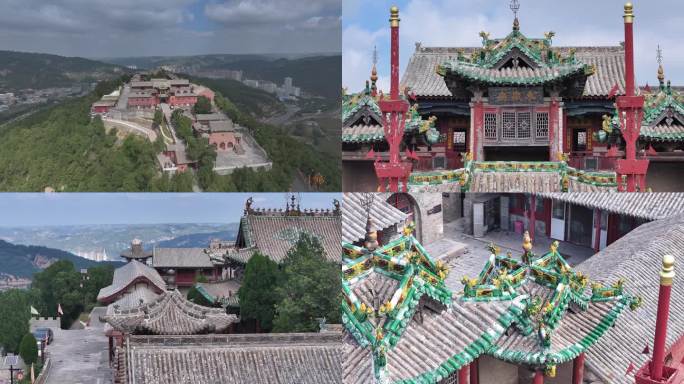
Handan Yuquan Temple Main Hall.
Final Thoughts on Your Trip
The Handan Yuquan Temple Main Hall stands as a remarkable testament to the architectural brilliance and cultural heritage of ancient China. With its origins tracing back over 800 years, this historic structure not only reflects the artistic ingenuity of the Jin and Yuan dynasties but also embodies the spiritual journey of countless visitors who have sought solace within its walls.
As you explore the grandeur of the hall, from its intricate glazed tile decorations to its robust wooden beams, you are transported back in time, feeling the weight of history that has shaped this sacred space. The beauty of the Yuquan Temple Main Hall lies not only in its physical attributes but also in the stories and traditions that continue to resonate within. This is a place where the past meets the present, inviting all who enter to reflect on their own beliefs and aspirations.
Preserving such a cultural gem is vital for future generations. It is our collective responsibility to ensure that the stories held within the Yuquan Temple continue to inspire and educate, fostering a deeper appreciation for the rich tapestry of Chinese heritage. Whether you are an architecture enthusiast, a history buff, or a seeker of spiritual enlightenment, a visit to this iconic hall promises an enriching experience that will linger long after you leave its sacred grounds. Embrace the opportunity to connect with history, and let the echoes of the past guide you in your journey forward.
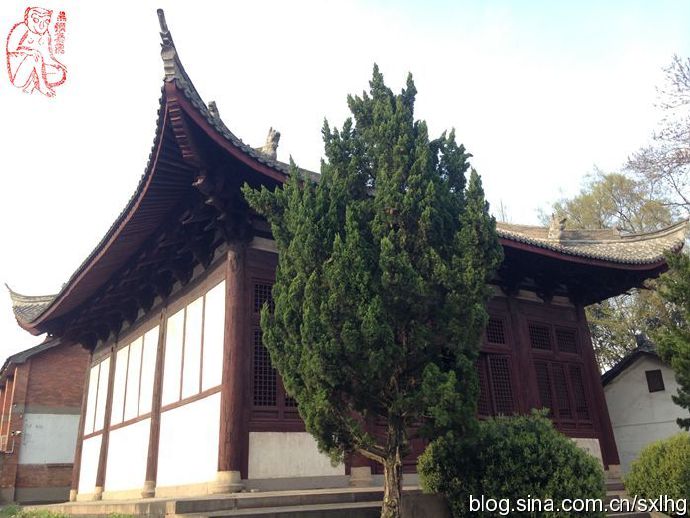
Handan Yuquan Temple Main Hall.
